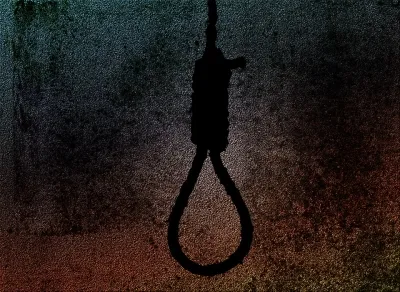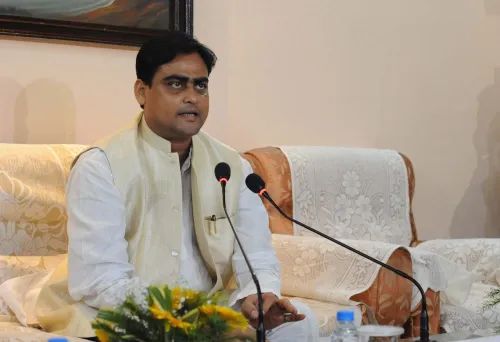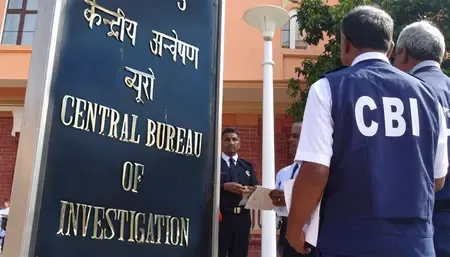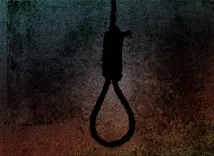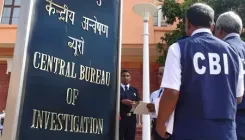Why is India Objecting to the BBC's Coverage of the Pahalgam Terror Attack?

Synopsis
Key Takeaways
- India's Strong Objection: India has formally communicated its objections to the BBC regarding biased reporting.
- Misleading Terminology: The use of terms like 'militants' instead of 'terrorists' has sparked controversy.
- International Reaction: Global leaders, including UK Prime Minister, expressed their condolences and condemnation.
- Media Responsibility: Accurate coverage is crucial in sensitive matters like terrorism.
- Ongoing Monitoring: India plans to keep a close watch on the BBC's future reporting.
New Delhi, April 28 (NationPress) India has formally communicated its strong objections to a prominent British public service broadcaster, expressing the nation's deep concerns regarding the BBC's coverage of the Pahalgam terror attack, as reported by sources.
The Indian government has specifically addressed a headline that stated, "Pakistan suspends visas for Indians after deadly Kashmir attack on tourists."
In its reports, the BBC referred to Pahalgam as "Indian-administered Kashmir," neglecting to recognize it as a vital part of India and described the horrific terror attack as a "militant attack" executed by "gunmen."
According to the BBC's report, "Police in Indian-administered Kashmir state that all three suspects identified are affiliates of the Pakistan-based militant group Lashkar-e-Taiba (LeT). None of the individuals have responded to the allegations."
Numerous social media users highlighted that the BBC's headline seemed misleading, implying that "India was responsible for the deaths of the tourists."
Sources revealed that the External Publicity Department of the Ministry of External Affairs (MEA) conveyed the nation's strong sentiments to India's Head for BBC, Jackie Martin, concerning the broadcaster's representation of the terror incident.
A formal letter has been dispatched, contesting the BBC's labeling of terrorists as "militants." The government intends to keep a close watch on the BBC's reporting.
This objection arises following the brutal attack in Jammu and Kashmir's Pahalgam, where terrorists specifically targeted Hindus, resulting in their deaths.
The attack was later claimed by 'The Resistance Front,' an offshoot of the banned Pakistan-based terror organization Lashkar-e-Taiba.
Terrorists opened fire on a group of tourists in the Baisaran Valley, resulting in 26 fatalities and numerous injuries, including that of a Nepali national. Gruesome visuals from the scene have spread widely, depicting chaos and indiscriminate gunfire from the attackers.
UK Prime Minister Keir Starmer condemned the attack, labeling it as "utterly devastating."
On social media, Starmer expressed, "The horrific terrorist attack in Kashmir is utterly devastating. My thoughts are with those affected, their families, and the people of India."
In a related context, the US government has also recently criticized a notable American media organization for its similar coverage of the April 22 terror attack in Pahalgam.
The US House Foreign Affairs Committee critiqued The New York Times for downplaying the attack by using terms like "militants" and "gunmen" instead of "terrorists."
On a post shared on X, the Committee displayed an image of the original New York Times headline -- "At Least 24 Tourists Gunned Down by Militants in Kashmir" -- with the word "militants" crossed out and replaced with "terrorists" in bold red.
"Hey, The New York Times, we fixed it for you. This was a TERRORIST ATTACK plain and simple. Whether it's India or Israel, when it comes to TERRORISM the NYT is removed from reality," the Committee stated.

